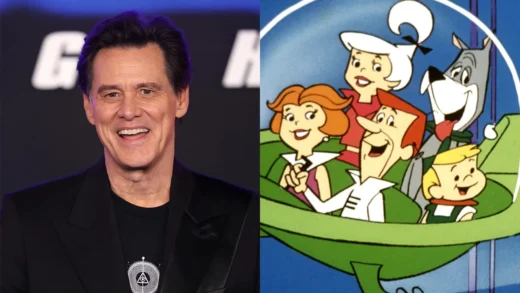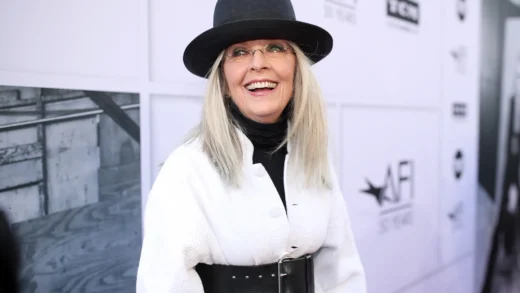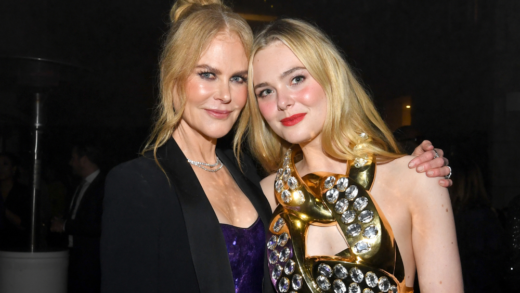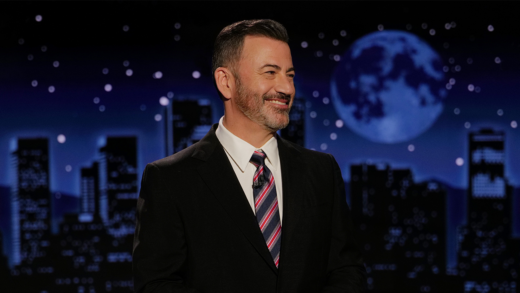Burt Reynolds, the charismatic star of such films as Deliverance, The Longest Yard and Smokey and the Bandit who set out to have as much fun as possible on and off the screen — and wildly succeeded — has died. He was 82.
Reynolds, who received an Oscar nomination when he portrayed porn director Jack Horner in Paul Thomas Anderson’s Boogie Nights (1997) and was the No. 1 box-office attraction for a five-year stretch starting in the late 1970s, died Thursday morning at Jupiter Medical Center in Florida, his manager, Erik Kritzer, told The Hollywood Reporter.
Always with a wink, Reynolds shined in many action films (often doing his own stunts) and in such romantic comedies as Starting Over (1979) opposite Jill Clayburgh and Candice Bergen; The Best Little Whorehouse in Texas (1982) with Dolly Parton; Best Friends (1982) with Goldie Hawn; and, quite aptly, The Man Who Loved Women (1983) with Julie Andrews.
Though beloved by audiences for his brand of frivolous, good-ol’-boy fare, the playful Reynolds rarely was embraced by the critics. The first time he saw himself in Boogie Nights, he was so unhappy he fired his agent. (He went on to win a Golden Globe but lost out in the Oscar supporting actor race to Robin Williams for Good Will Hunting, a bitter disappointment for him.)
“I didn’t open myself to new writers or risky parts because I wasn’t interested in challenging myself as an actor. I was interested in having a good time,” Reynolds recalled in his 2015 memoir, But Enough About Me. “As a result, I missed a lot of opportunities to show I could play serious roles. By the time I finally woke up and tried to get it right, nobody would give me a chance.”
Still, Reynolds had nothing to apologize for. He was Hollywood’s top-grossing star every year from 1978 through 1982, equaling the longest stretch the business had seen since the days of Bing Crosby in the 1940s. In 1978, he had four movies playing in theaters at the same time.
Reynolds’ career also is marked by the movies he didn’t make. Harrison Ford, Jack Nicholson and Bruce Willis surely were grateful after he turned down the roles of Han Solo, retired astronaut Garrett Breedlove and cop John McClane in Star Wars, Terms of Endearment and Die Hard, respectively. He often said that passing on James L. Brooks’ Endearment was one of his worst career mistakes. (Nicholson won an Oscar for playing Breedlove.)
Reynolds also indicated he was Milos Forman’s first choice to play R.P. McMurphy (another Nicholson Oscar-winning turn) in One Flew Over the Cuckoo’s Nest, “backed away” from playing Batman on TV in the 1960s and declined the part made famous by Richard Gere in Pretty Woman.
In John Boorman’s Deliverance (1972), based on a book by James Dickey, Reynolds starred as macho survivalist Lewis Medlock, one of four guys from Atlanta who head to the wilderness for the weekend. Filmed by Vilmos Zsigmond along the Chattooga River near the Georgia-South Carolina border, it was an arduous production that Boorman shot in sequence.
“When I asked John why, he said, ‘In case one of you drowns,’ ” Reynolds wrote.
He had good reason. When Reynolds saw test footage of a dummy in a canoe going over the falls in one scene, he told Boorman the scene looked fake. He climbed into the canoe, was sent crashing into the rocks and ended up in the hospital. “I asked [Boorman] how [the new footage] looked, and he said, ‘Like a dummy going over the falls,’ ” Reynolds wrote.
Deliverance, infamous for its uncut 10-minute hillbilly male rape scene (“squeal like a pig”), was nominated for three Academy Awards but came away empty. It lost out to The Godfather in the best picture battle.
“If I had to put only one of my movies in a time capsule, it would be Deliverance,” Reynolds wrote. “I don’t know if it’s the best acting I’ve done, but it’s the best movie I’ve ever been in. It proved I could act, not only to the public but me.”
Three months before the movie opened, Reynolds — once described by journalist Scott Tobias as the “standard of hirsute masculinity” — showed off his mustache and other assets when he posed nude on a bearskin rug for a Cosmopolitan centerfold in April 1972. (Seven years later, he would become the rare man to grace the cover of Playboy.)
The Cosmo issue sold an outlandish 1.5 million copies. “It’s been called one of the greatest publicity stunts of all time, but it was one of the biggest mistakes I’ve ever made,” he wrote, “and I’m convinced it cost Deliverance the recognition it deserved.”
A running back in high school and college who talked with legendary coach Bear Bryant about attending Alabama, Reynolds put his gridiron skills to use in Robert Aldrich’s The Longest Yard (1974), playing Paul “Wrecking” Crewe, who leads his rag-tag team of prison inmates in a game against the guards. He later starred in Semi-Tough (1977), another football film.
(Excerpt) Read more in: The Hollywood Reporter




